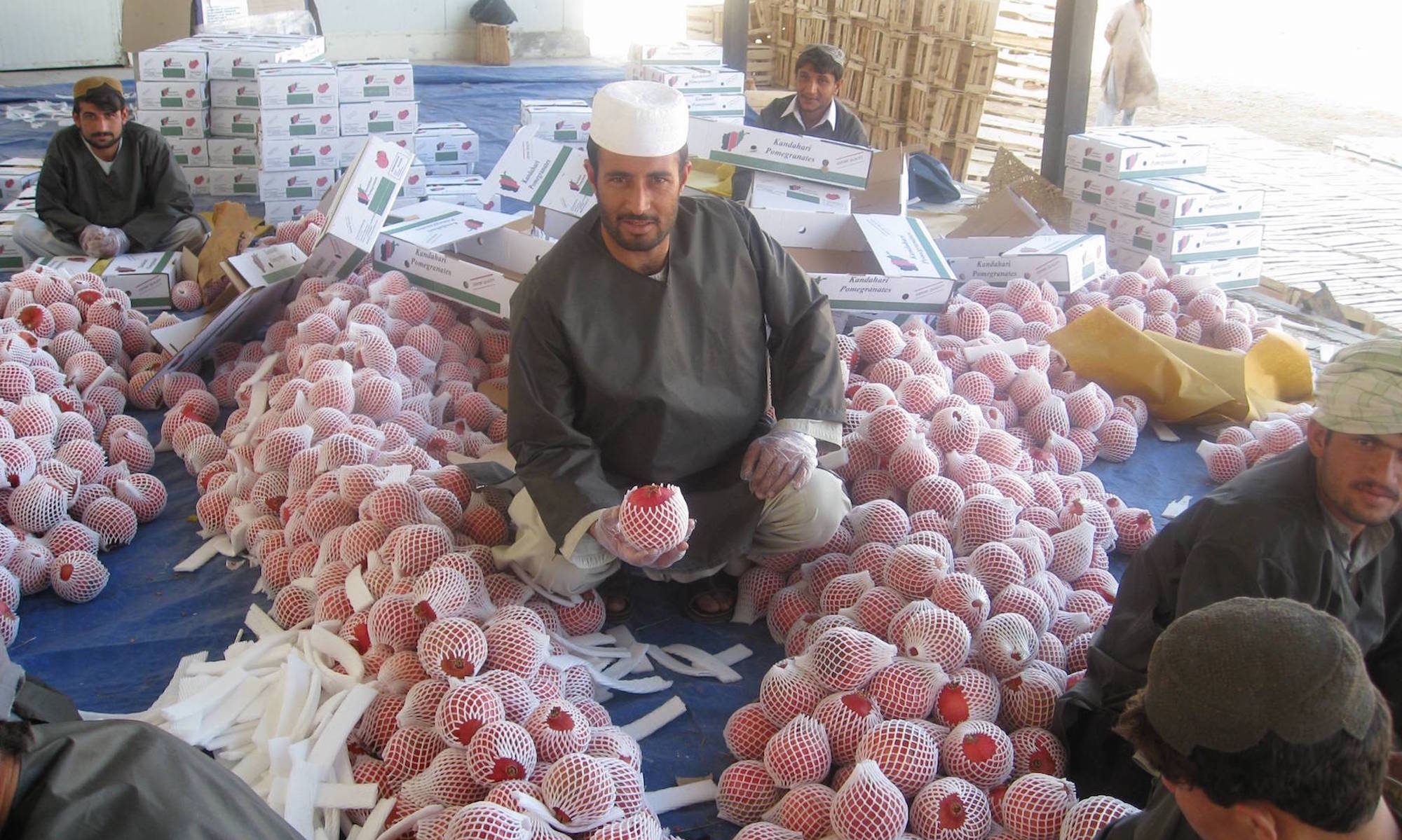Building a Standing National Capacity for Conflict Prevention and Resolution in Kenya
Most conflicts today arise from intra-state rather than interstate tensions. Many developing countries are unable to manage intra-state conflicts effectively, mainly because of capacity constraints in their governance and oversight institutions, political manipulation and executive interference. The result is that public confidence in the institutions remains weak and there is greater resort to private and group justice. National development is thus deeply affected. In restoring public confidence in the state’s ability to manage inter-group and inter-community conflicts, many governments are establishing and institutionalising standing national capacities for conflict prevention and resolution as extensions of their national governance framework. This article is a critical review of the efforts to establish such capacities in Kenya.
Iraq: Back to the Future
The world breathed a sigh of relief at the announcement of a new Iraqi government on 21 December 2010. After nine months of wrangling following the 7 March elections, Prime Minister Nuri al-Maliki finally engineered a deal that kept him in place at the head of a 42-person cabinet. Maliki was unable to name a full coterie of ministers; ten of the portfolios, including the main security ministries, are being managed on a temporary basis by other ministers until permanent nominations are made. Nevertheless, approval of the cabinet brought to an end a crisis that left the political system in limbo and saw a deterioration of the security situation.
But now the deed is done, a much bigger question looms: will the government be able to manage Iraq, stabilise the country further and heal the internal divisions that threaten its long-term security?
